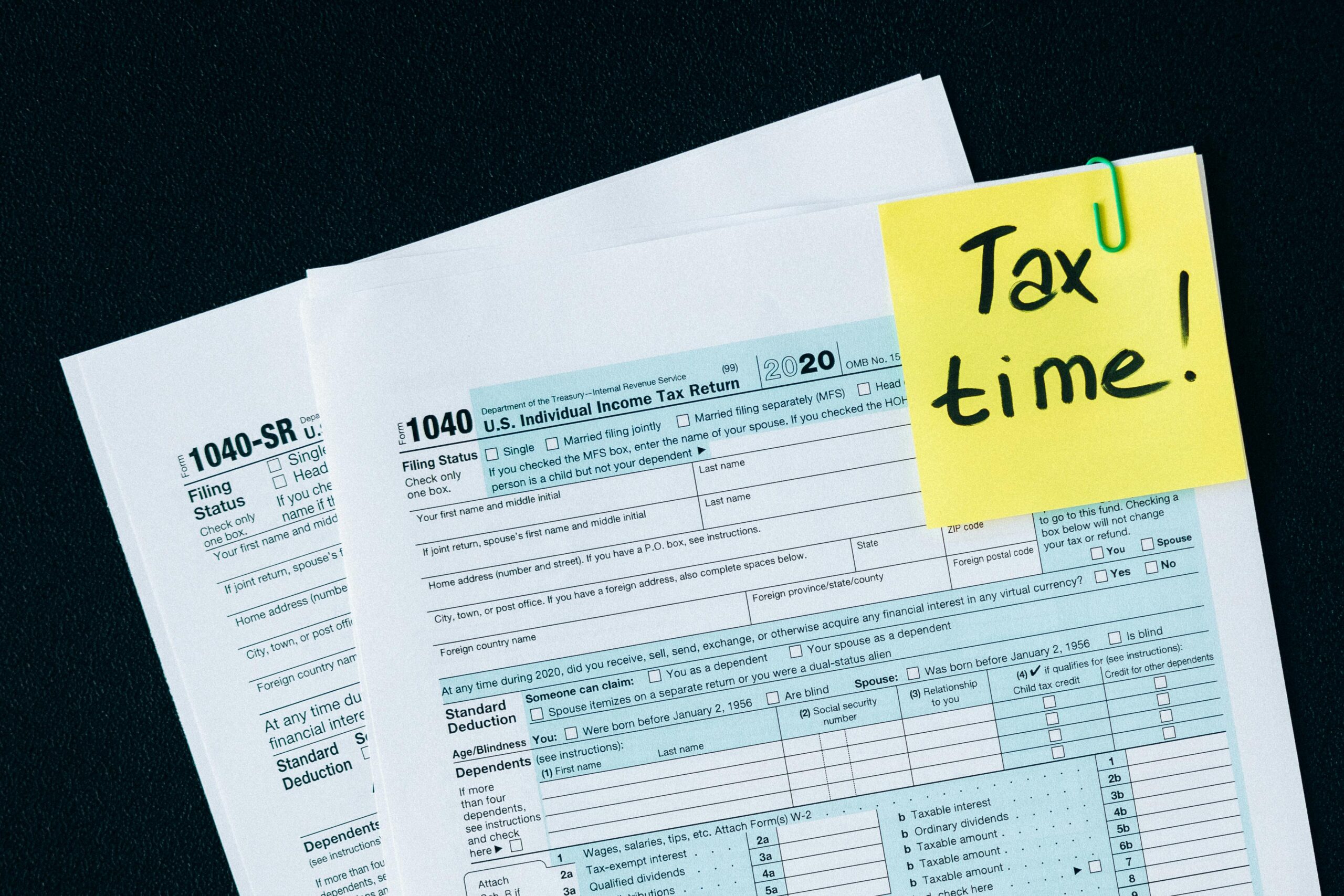Are You Divorced or Separated?
Whether or not you’re officially divorced and/or separated from your spouse will determine how you file your taxes. You and your spouse may be able to file jointly if you’re still married by the end of the year. However, if you and your spouse have already separated, you may choose to file separately. The IRS has specific instructions on how to file your taxes after a divorce. You may be able to determine whether or not you’re able to file as married and/or separated based on the IRS’s criteria. You may also need to make sure you and your ex are on the same page about how you’re filing. If you and your ex are struggling to decide how you’re going to file, you may need to get advice from a tax accountant.
Who Claims the Children?
It depends on what your divorce decree says. Generally speaking, the custodial parent is going to be the one who gets to claim the child on their taxes. The custodial parent is usually the parent who has the most custody. Even if you and your spouse share 50/50 custody, there will be a parent who has majority custody since custody is determined by how many overnights the child spends and 365 is not divisible by two. This means that if you are the spouse who has 183 overnights per year, that you’re probably the custodial parent—but you may want to check with your attorney in order to be certain about this. You should also check your divorce decree to make sure that there’s nothing else that would indicate that your ex is the one who’s entitled to claim the child on their taxes.
What about Retirement Accounts?
Your retirement accounts may affect how you file your taxes, specifically what you’re allowed to write off as a deduction. For example, generally you cannot claim deductions based on money you put into your spouse’s retirement accounts if you have officially divorced within that tax year. If the IRA was transferred to you as a result of a divorce, that IRA is typically considered to be yours from the date of the transfer. However, these are only general guidelines within examples. Taxes can be a very complicated matter and there may be a lot of nuances. If you have questions about how your divorce will affect your retirement accounts and deductions, your attorney may be able to answer your questions. However, if your questions are outside the scope of your attorney’s knowledge, you may need to consult a licensed professional, such as a CPA to get your questions answered and ensure that you’re filing your taxes correctly.
What about Real Estate and Other Assets?
The transfer or sale of real estate and other assets may affect your taxes. This is particularly important if you sell your property and make a lot of money off of it. However, there may also be other situations where the transfer of property will not affect your taxes. When it comes to property being transferred between two spouses, there isn’t typically a tax on those items—however, each situation is different. If you’re unsure of how a transfer of property will affect your taxes after divorce, you may need to consult an accountant or have your taxes filed professionally.
When in Doubt, Hire a Professional
Attorneys can provide a lot of information about the divorce process—but many family law attorneys are likely not qualified to help you with in-depth tax questions. If you have concerns about filing your taxes and you don’t know where to start, your attorney may be able to answer some basic questions such as, “who’s getting the child tax credit?” However, your attorney likely isn’t qualified to answer some of the more complicated questions regarding taxes. If you have further questions that your attorney hasn’t answered, you may need to consult with a CPA and/or have your taxes filed by a professional to avoid any complications—especially ones that can cause drama with your ex.
When You’re Going through Divorce
If you and your spouse are considering divorce, CoilLaw is here for you. Contact us today to get started on your initial consultation.


